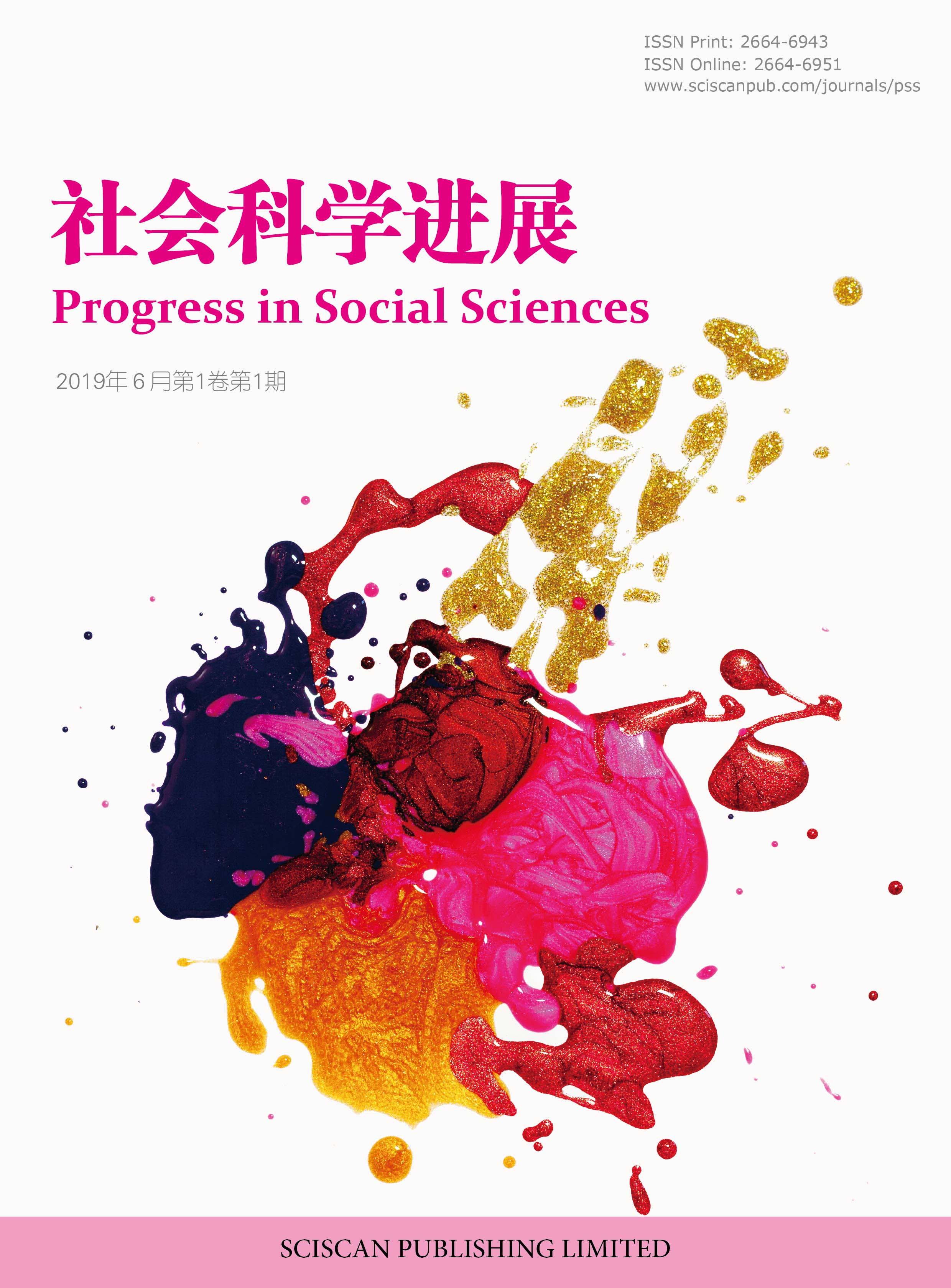Progress in Social Sciences
ISSN Print:2664-6943
ISSN Online:2664-6951
Contact Editorial Office
Subscribe to the latest published information from SCISCAN
传统孝文化对罪犯改造的干预效果
The Intervention Effect of Traditional Filial Piety Culture on Criminal Reform
- Authors: 龙志刚¹ 杨骥² 赵政威² 侯孟嘉²
-
Information:
1.湖南司法警官职业学院,长沙; 2.湖南省津市监狱,常德
-
Keywords:
Traditional culture; Filial piety; Reform of criminals传统文化; 孝道; 罪犯改造
- Abstract: Objective: To explore the influence of Chinese excellent traditional filial piety culture on the effect of individual reform of criminals. Methods: The traditional filial piety culture was interfered with the samples in the form of classroom lecture, group guidance and group reading club respectively. After the end of the experiment, the mean difference and delay effect between the groups were investigated from the aspects of discipline compliance, labor performance and mental health. Results: (1) There were no significant differences in evaluation dimensions in the difference homogeneity test before intervention among the three groups; (2) After the intervention, there were significant differences among the three groups in each evaluation dimension (p<0.05); (3) After 2 months of follow-up evaluation, the results showed that the intervention had a delay effect on all dimensions (p<0.05). Conclusion: Chinese excellent traditional filial piety culture education has a positive effect on the reform of criminals, and group counseling is the best among the three intervention methods. 目的:探索中华优秀传统孝文化干预对罪犯个体改造效果的影响。方法:将传统孝文化分别以课堂讲座、团体辅导、小组读书会的形式对样本进行干预,结束后从纪律遵守、劳动成绩、心理健康等方面进行前后测比较,考察各组间的平均数差异以及延时效果。结果:(1)3个组在实验干预前方差齐性检验和各评估维度上均无显著差异;(2)干预结束后,3个组在各评估维度上均存在显著差异(p <0.05);(3)两个月后追踪测评,结果显示干预在各维度上均有延时的效果(p <0.05)。结论:中华优秀传统孝文化教育对罪犯改造有积极影响,三种干预方式中团体辅导形式效果最好。
- DOI: https://doi.org/10.35534/pss.0502013
-
Cite:
龙志刚,杨骥,赵政威,等.传统孝文化对罪犯改造的干预效果[J].社会科学进展,2023,5(2):123-133.
















